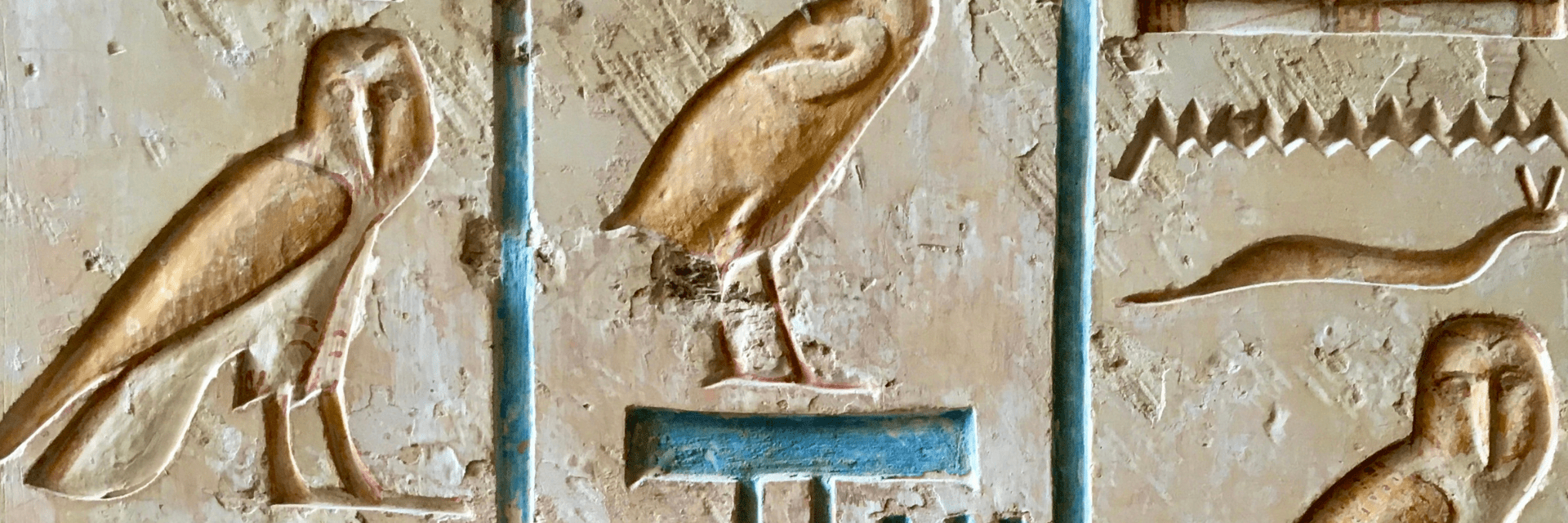Language
Does information drive human history?
Consider how stories heard at home or in your neighborhood relate to history. When you examine the themes, characters, and other elements in these stories, you’ll find recurring patterns: all myths have heroes and villains, events that happen with consequences for the community, or even metaphors that systematically repeat.
We will use tools from the language sciences to examine what these mythological recurrences say about the cultures that had to adapt their world views while attempting to preserve them. The course helps students think about complex problems from a humanistic perspective, through liberal use of the sciences.
You can expect to:
- Learn about language and thinking in humans through our myths.
- Develop the ability to formulate and present a scientific argument.
- Work in teams to research cultural emergence and draft a Wikipedia page to share your findings.
- Expand on how you think about science in the context of the humanities.
Community Course
SLLC280: Mythology of the Oppressed. Explore the Human Odyssey from the perspective of information and language about oppression and how the oppressor often becomes oppressed‒and vice-versa. Insights from linguistics, cognitive psychology, anthropology, and archeology are brought to bear on how human societies emerge, flourish, and vanish. This course meets the General Education requirements of I-Series and Humanities.
Carillon Faculty

Juan Uriagereka is a linguist who joined the University in 1989. He has published a dozen books, including two textbooks on the Minimalist Program and its precursors, as well as many articles and chapters. Uriagereka was a founding member of the Linguistics Department. He has directed or co-directed 19 dissertations and participated on many others. In his capacity as Associate Provost for Faculty he led the approval and promotion of family-friendly policies, regularizing the status of professional-track faculty, organizing leadership forums, and updating promotion and tenure policies.
His current book projects include the books Biolinguistic Investigations and the Formal Language Hierarchy (Routledge 2018), a monograph in progress on Structure, with Howard Lasnik (MIT Press, forthcoming), and a multidisciplinary project to formulate language structures as linear operators of the sort employed in machine learning. He is on a research team that recently received a University of Maryland Grand Challenges institutional grant: Maryland Initiative for Literacy & Equity (MILE).

